In the United States, approximately 13 million people are directly affected by urinary incontinence, a condition characterized by the involuntary loss of urine. While incontinence is more prevalent in older adults, it can affect individuals of all ages and genders. This condition can be both physically and emotionally challenging and is typically caused by factors such as trauma, pregnancy, age, or other underlying health problems.
Although urinary incontinence is a fairly common condition, many individuals feel hesitant to seek proper healthcare or help due to embarrassment. However, treatment options such as at-home remedies, lifestyle changes, medication, or supplementation can significantly improve your bladder health and contribute to a happier and healthier life. Here, we will explore the root causes of incontinence and a few different strategies for preventing and minimizing involuntary urinary leaks.
Understanding Incontinence
Understanding the root causes of incontinence is crucial to finding a remedy that works for you before exploring prevention methods and treatments. Incontinence can develop as a result of many different factors, ultimately categorizing urinary leakage into four different category types:
Stress incontinence: When your body experiences stress from physical activities such as coughing, laughing, or exercising, weakened pelvic floor muscles can cause urine to leak. Stress incontinence is one of the most common forms, as it can often be the result of injury, trauma, or pregnancy. When the body experiences stress, the muscles that hold urine in can frequently become weakened from overexertion and begin to fail, allowing urine to leak out.
Urge Incontinence: In cases of urge incontinence, a sudden and strong urge to urinate is often followed by involuntary urinary leakage. Typically brought on by a neurological disorder, urge incontinence is usually connected to another condition that prevents the awareness of the need to urinate.
Overflow Incontinence: When the bladder cannot empty itself completely, it dribbles excess urine over time. Typically categorized by a weakened bladder or injury, overflow incontinence can make it difficult for many to urinate normally.
Mixed Incontinence: As a combination of stress and urge incontinence, mixed incontinence can be very difficult to manage and navigate properly. By utilizing a combination of remedies and treatments, finding balance and getting to the root causes of both stress and urge incontinence can be a crucial contributor to solving mixed incontinence issues.
Implementing Lifestyle Changes for Bladder Health
As with any other ailment, implementing lifestyle changes should be a priority when addressing one's health holistically and naturally. By minimizing your risk factors for disease, bodily stress, and poor habits, making appropriate lifestyle changes allows your body to accept healthy approaches and respond to medical interventions readily. A few lifestyle changes to consider are:
Weight Management: Obesity can put additional stress on your bladder and pelvic floor muscles, increasing the risk of incontinence. Maintaining a healthy weight and eating a balanced diet can reduce this risk and improve your bladder function.
Dietary Adjustments: Certain foods and poor dieting not only contribute to obesity but also irritate your body’s digestive systems and bladder. Foods containing diuretics, such as caffeine and alcohol, can often cause excess urination. In contrast, acidic foods, such as tomatoes and citrus, have the potential to irritate and weaken your bladder lining. Making adjustments to your diet and only eating certain foods in moderation can significantly help prevent incontinence.
Bladder training techniques: By gradually increasing the intervals between urination, you can strengthen bladder muscles to hold urine over time and prevent the urge to leak. Start by setting a regular bathroom break schedule and gradually extending the time in between. When performing this type of training, be sure not to hold in your urine for excessive amounts of time, as this can weaken your bladder’s control and lead to the formation of urinary tract infections (UTIs).
Pelvic floor exercises: Strengthening the pelvic floor muscles can help to support the bladder and prevent leakage. Kegels are a common exercise and provide a simple and effective way to target these specific muscles.
Utilizing Medical Interventions and Medication
In cases where lifestyle changes are not sufficient to solve incontinence issues, a doctor or health professional may recommend seeking specialized medical intervention. Once a root cause is identified and diagnosed by a licensed healthcare provider, they may recommend a series of treatment options.
In many cases, a doctor may prescribe medication to help bladder muscles relax or treat any underlying issues contributing to incontinence. In patients experiencing stress incontinence due to chronic coughing or sneezing, a doctor may prescribe cough suppressants to allow your body to rest and recover. In more severe cases, doctors may recommend surgery be done to correct any structural abnormalities or to implant devices for fixing and improving bladder control.
Exploring Natural Supplements To Support Bladder Health
In addition to lifestyle changes, medication, and medical intervention, natural supplements can provide complementary support and holistic care for those experiencing urinary incontinence. Ingredients such as cranberry, vitamin D, magnesium, and zinc offer all-natural avenues for supporting bladder care and reducing irritation to the bladder lining.
If you are considering natural supplements to support your bladder control efforts, consult a healthcare professional for a proper diagnosis of your specific bladder control issue and to get advice for implementing supplements into your treatment plan.
Natural supplements are a great complement to bladder health and incontinence prevention. Through naturally occurring substances, supplements such as Bladder Relief 911 by PhytAge Laboratories utilize proprietary supplement blends to treat incontinence issues holistically and organically.
Choose Bladder Relief 911 by PhytAge Laboratories
Remember, incontinence is a treatable condition. By combining treatments and preventing further damage with natural supplements, you can effectively manage your incontinence and take control of your health. Using well-researched ingredients and all-natural approaches, Bladder Relief 911 helps to support long-term bladder health and reduce involuntary leaking.
Regain bladder control and take charge of your health journey with PhytAge Laboratories. We specialize in creating high-quality, natural supplements to support your body's unique needs. Visit our website today to learn more about Bladder Relief 911 or explore our wide range of all-natural and organic products.

 Cart
Cart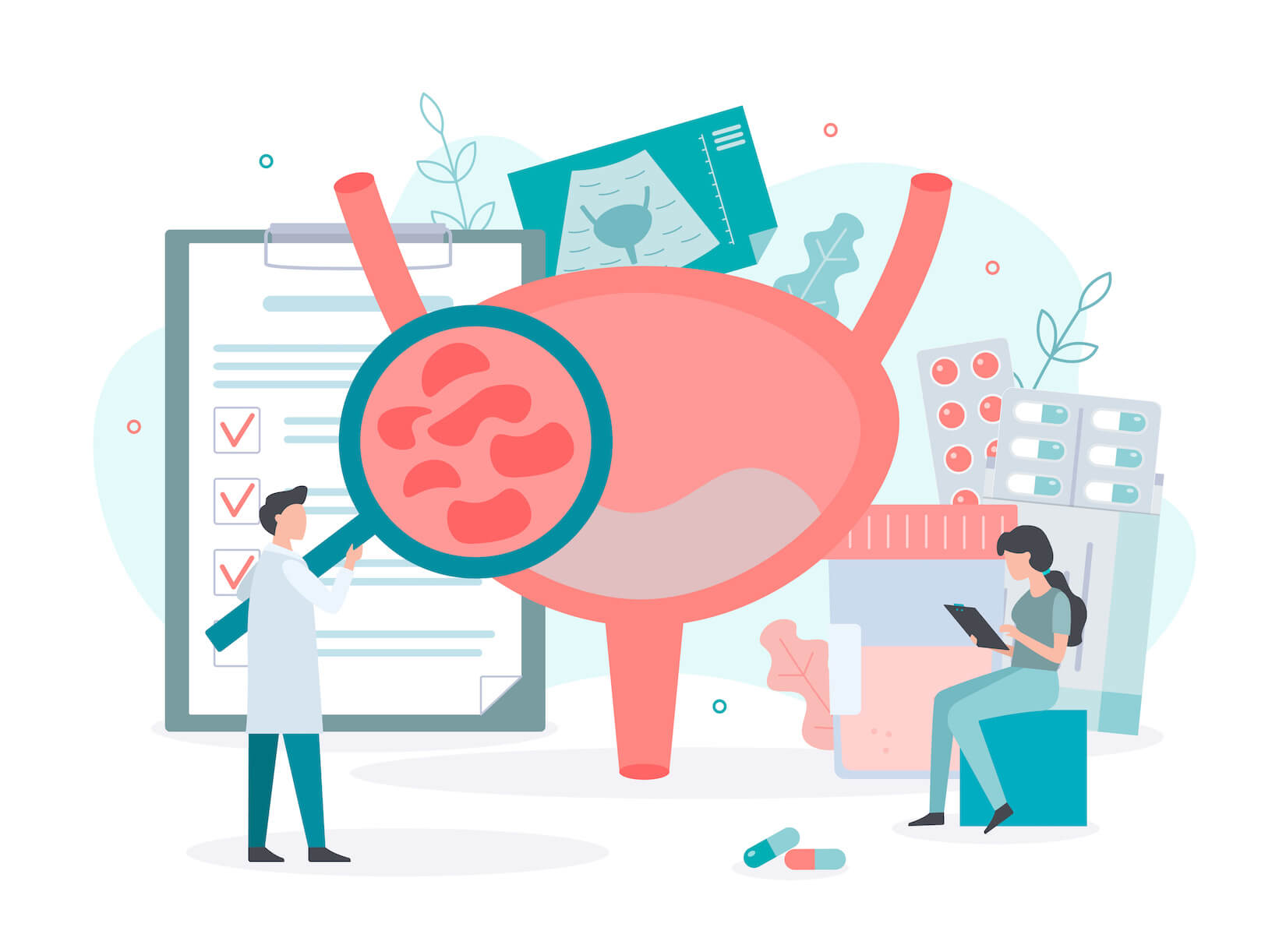

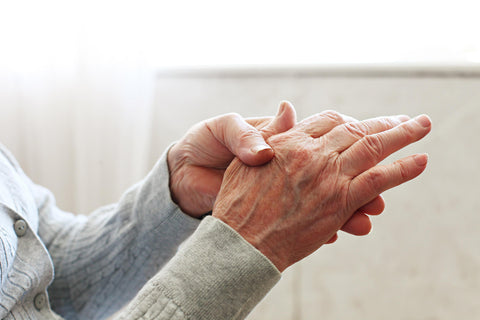
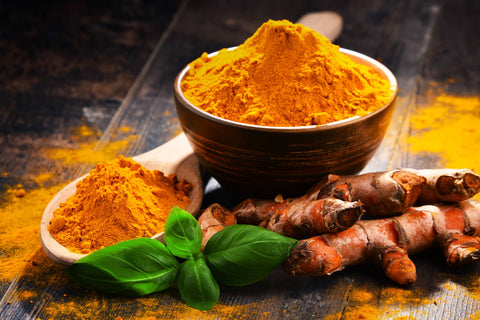



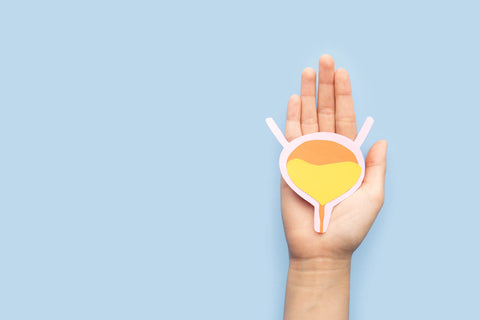
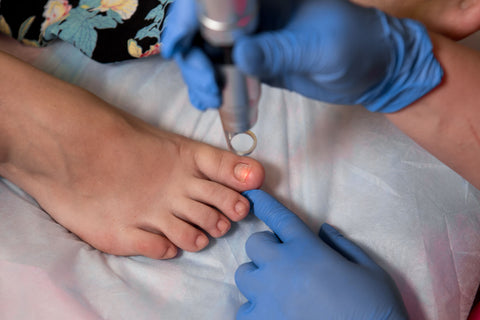
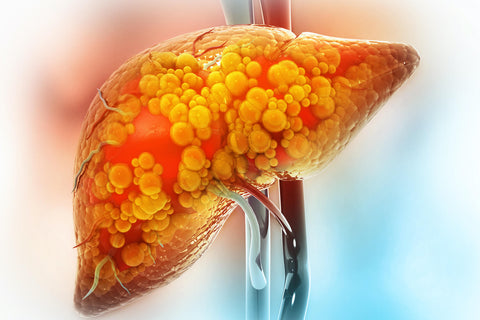


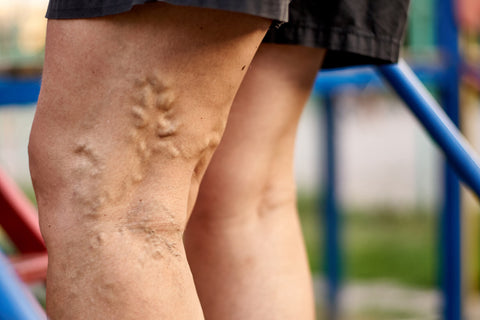

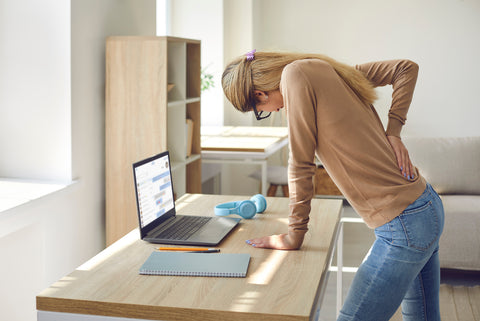
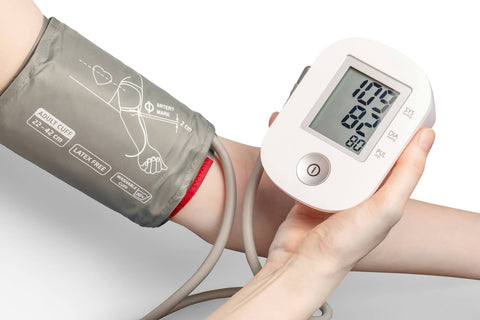

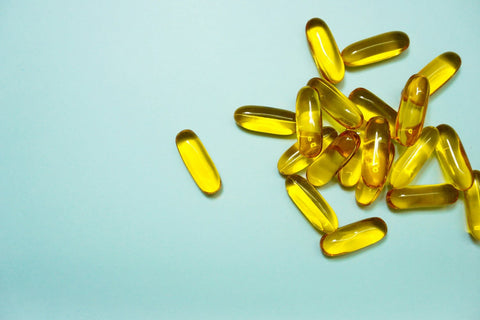
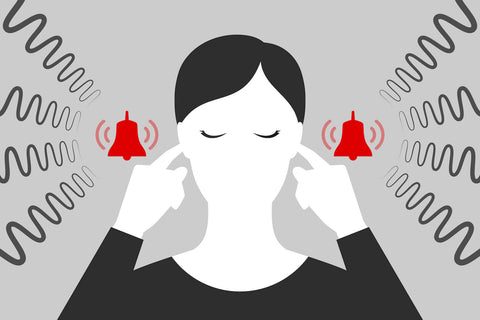



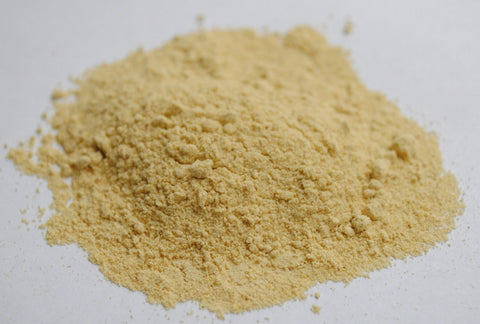
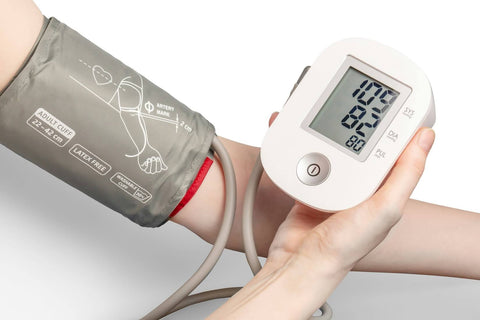
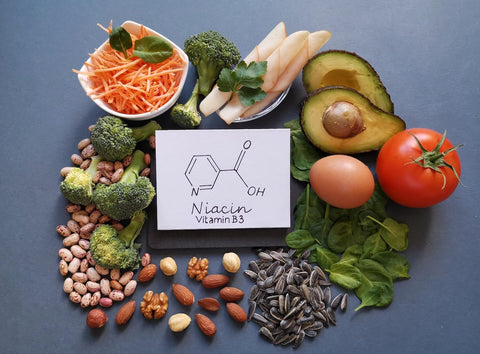
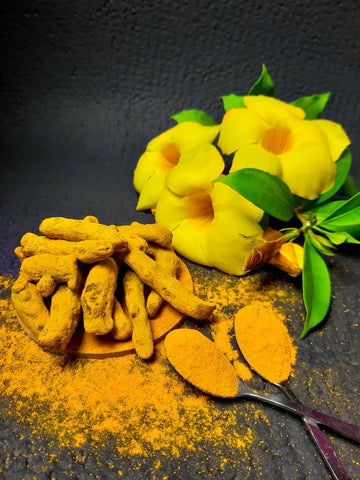
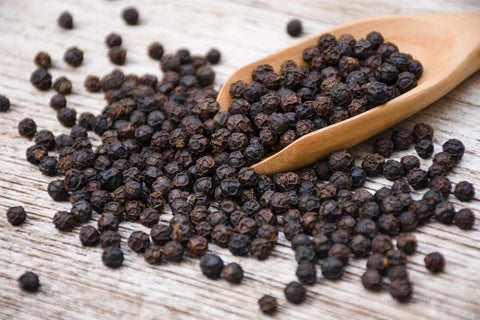
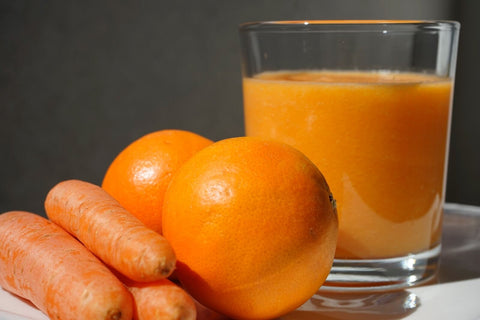

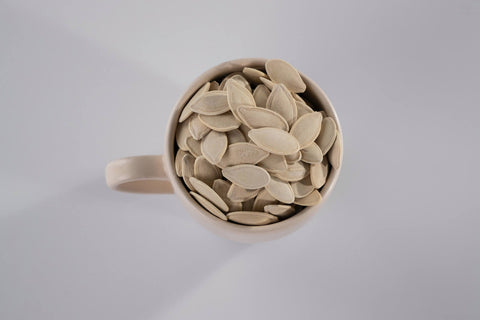
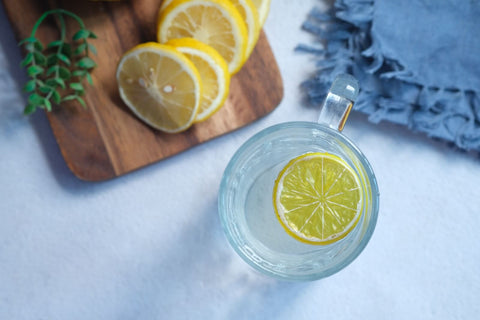
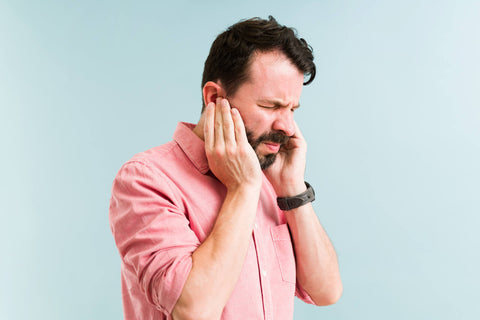


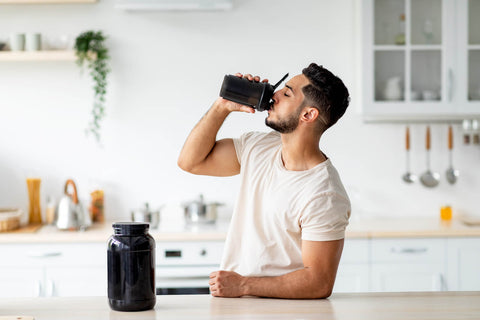

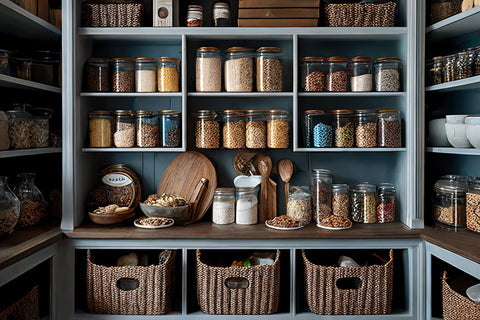
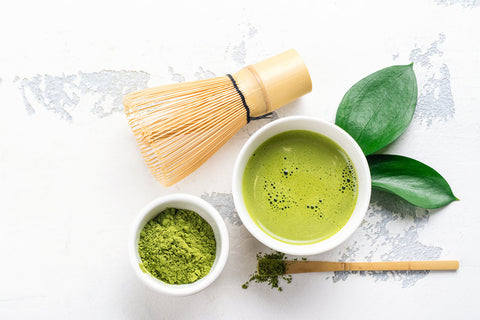


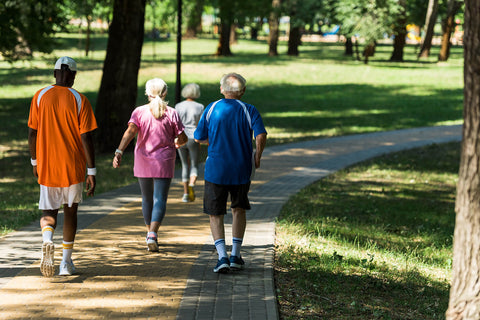

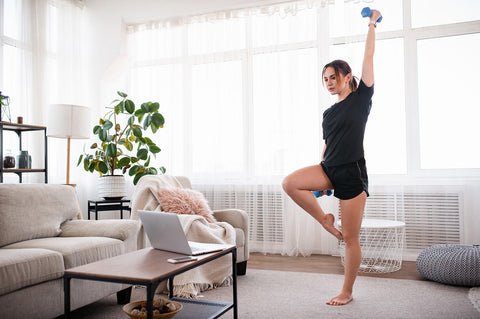


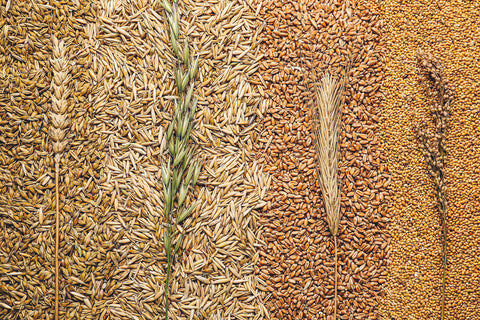

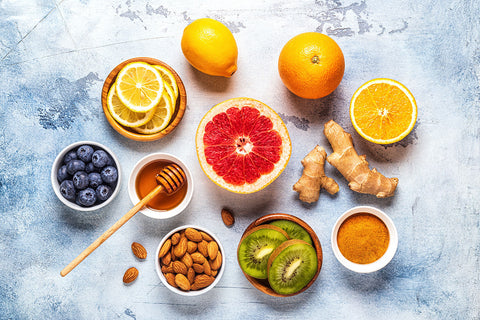




 1-800-822-5753
1-800-822-5753
